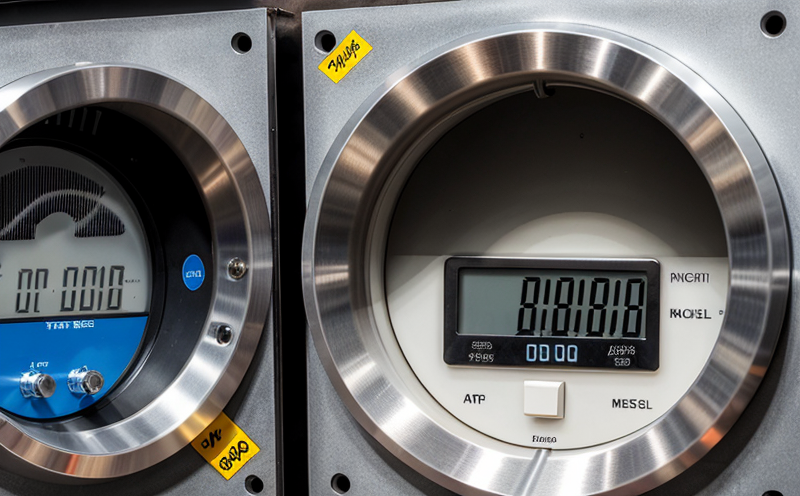Impact of temperature on coating thickness measurement
The Unseen Threat How Temperature Affects Coating Thickness Measurement
In the world of industrial coatings, accuracy is paramount. The thickness of a coating can make all the difference in its performance, durability, and overall value to your business. But did you know that temperature plays a significant role in coating thickness measurement? This often-overlooked factor can have far-reaching consequences on your products, processes, and ultimately, your bottom line.
At Eurolab, our team of experts has seen firsthand the impact of temperature fluctuations on coating thickness measurements. In this article, well delve into the science behind this phenomenon, explore its implications for businesses like yours, and discuss how accurate measurement can be achieved through our laboratory services.
What is Coating Thickness Measurement?
Coating thickness measurement refers to the process of determining the precise thickness of a coating applied to a surface. This measurement is crucial in various industries, including aerospace, automotive, construction, and manufacturing, where coatings are used for corrosion protection, adhesion enhancement, and other critical functions.
The Impact of Temperature on Coating Thickness Measurement
Temperature affects coating thickness measurement in several ways
Thermal expansion As temperature increases or decreases, the coating and substrate expand or contract. This can lead to inaccurate measurements if not accounted for.
Viscosity changes Changes in temperature alter the viscosity of the coating material, affecting its flow behavior and subsequent thickness application.
Shrinkage rates Different materials have varying shrinkage rates when cured at different temperatures, which can impact final coating thickness.
Why Temperature Matters
Temperature is a critical factor in coating thickness measurement because it directly influences
Measurement accuracy Inaccurate temperature control can result in incorrect measurements, leading to costly rework or material waste.
Coating performance Incorrect coating thickness can compromise its ability to perform as intended, affecting product quality and reliability.
Product lifespan Suboptimal coatings can lead to premature failure, requiring costly replacements or repairs.
Benefits of Accurate Temperature Control
By accurately measuring coating thickness at the right temperature
Ensure compliance with industry standards Meet regulatory requirements for coating thickness in various industries.
Optimize coating performance Achieve optimal performance and durability from your coatings.
Reduce waste and rework Minimize material waste and rework due to inaccurate measurements.
Improve product quality Enhance the overall quality of your products by ensuring accurate coating application.
Increase efficiency Streamline production processes with accurate temperature control.
Key Benefits in Bullet Points
Here are some key benefits of using Impact of temperature on coating thickness measurement
Improved accuracy Accurate measurements ensure that coatings meet industry standards and perform as intended.
Enhanced product quality Optimal coating thickness leads to better product durability, reliability, and performance.
Reduced waste and rework Inaccurate measurements can lead to costly material waste and rework; accurate measurement minimizes these risks.
Increased efficiency Streamlined production processes result from accurate temperature control and measurement.
Compliance with industry standards Meet regulatory requirements for coating thickness in various industries.
Frequently Asked Questions (FAQs)
Here are some frequently asked questions about the Impact of Temperature on Coating Thickness Measurement
Q How does temperature affect coating thickness measurement?
A Temperature affects coating thickness measurement by altering thermal expansion, viscosity changes, and shrinkage rates.
Q Why is accurate temperature control important in coating thickness measurement?
A Accurate temperature control ensures accurate measurements, optimal coating performance, and product quality.
Q What are the benefits of using Impact of Temperature on Coating Thickness Measurement?
A Key benefits include improved accuracy, enhanced product quality, reduced waste and rework, increased efficiency, and compliance with industry standards.
Conclusion
Temperature has a significant impact on coating thickness measurement. By understanding this phenomenon and working with experts like Eurolab, you can ensure accurate measurements, optimize coating performance, and improve your businesss bottom line.




